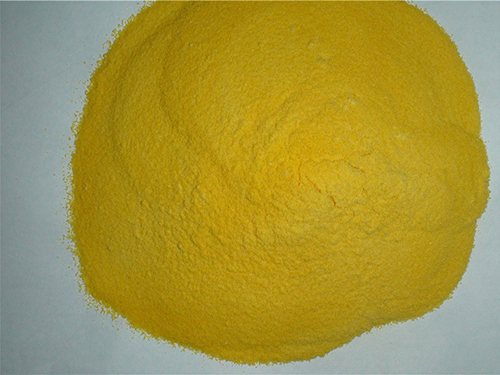Effective Flocculants for Water Treatment Applications and Environmental Benefits
Flocculant Chemicals for Water Treatment
Water treatment is a critical process in ensuring safe and clean water for both consumption and industrial use. Among the various methods employed in water purification, flocculation plays a significant role. Flocculant chemicals are essential in this process, aiding in the removal of suspended solids, colloids, and other impurities from water.
Flocculants are usually high molecular weight compounds that promote the agglomeration of particles into larger clusters, called flocs. This process enhances the sedimentation of these clusters, allowing them to be easily removed from the water. There are two main types of flocculants organic and inorganic. Organic flocculants, such as polyacrylamides, are synthetic polymers that provide superior performance in various water treatment applications. Inorganic flocculants, such as aluminum sulfate and ferric chloride, are derived from mineral sources and are widely used due to their cost-effectiveness.
The choice of flocculant depends on the specific requirements of the water treatment process. Factors such as pH, temperature, and the nature of the contaminants influence which flocculant is most effective. For instance, polyacrylamide flocculants are advantageous in treating wastewater with high organic content, while aluminum sulfate is typically used in municipal drinking water treatment facilities.
flocculant chemicals for water treatment

The effectiveness of flocculants is often measured through their ability to reduce turbidity in water. Turbidity is an essential indicator of water quality, as high levels can harbor pathogens and various pollutants. The introduction of flocculants leads to a significant decrease in turbidity by facilitating the coagulation of particles that would otherwise remain suspended.
However, the use of flocculants must be carefully managed. Overdosing can lead to adverse effects, such as increased sludge production and potential toxicity to aquatic life. Therefore, it is crucial to conduct pilot tests and monitor flocculant performance regularly to optimize dosage.
Moreover, environmental considerations are increasingly influencing the selection of flocculants. Biodegradable and non-toxic options are gaining popularity as industries aim for more sustainable practices. As regulations around water quality tighten globally, the demand for efficient and eco-friendly flocculant solutions will continue to rise.
In conclusion, flocculant chemicals are indispensable in the water treatment process, providing a practical solution to reduce impurities and improve water quality. As technology progresses, the development of advanced flocculants will play a pivotal role in sustainable water management and environmental preservation.
-
2 Phosphonobutane 1,2,4 Tricarboxylic Acid (PBTCA): Superior Scale & Corrosion InhibitorNewsAug.31,2025
-
Dodecyldimethylbenzylammonium Chloride: High-Purity DisinfectantNewsAug.30,2025
-
2-Phosphonobutane-1,2,4-Tricarboxylic Acid: Scale & CorrosionNewsAug.29,2025
-
Premium Isothiazolinones | Broad-Spectrum Biocidal SolutionsNewsAug.28,2025
-
LK-319 Special Scale And Corrosion Inhibitor For Steel Plants: Advanced Solutions for Industrial Water SystemsNewsAug.22,2025
-
Flocculant Water Treatment: Essential Chemical Solutions for Purification ProcessesNewsAug.22,2025





